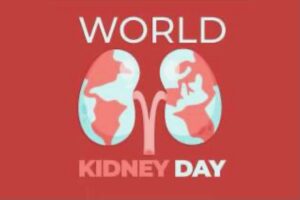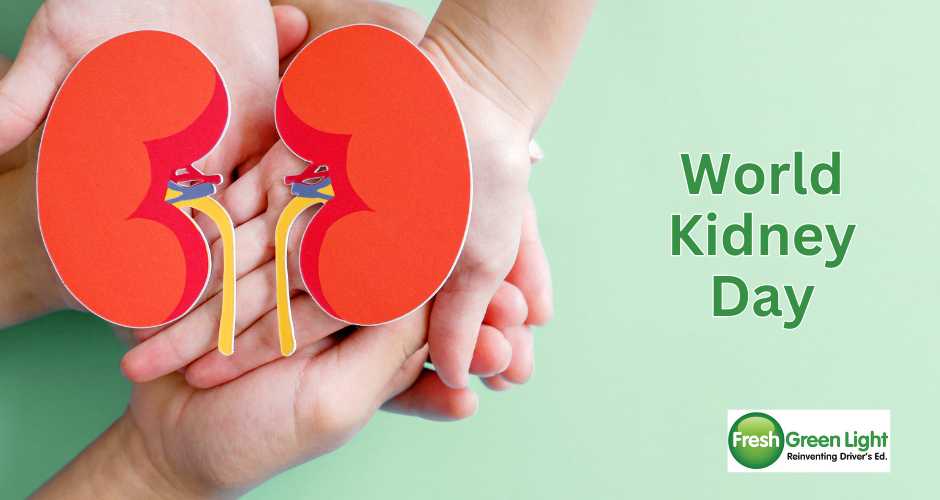By Ivey D.
Our kidneys are one of the hardest working organs in our body. They are truly amazing! But do you really know what your kidneys do? Most people have 2 kidneys. They are fist-sized organs located in your back at the bottom of your rib cage.
Kidneys are multitaskers, not only producing urine, but they also:
- Help remove waste and excess fluid
- Filter the blood upt to 25x/day, keeping some compounds while removing others
- Control the production of red blood cells
- Help regulate blood pressure, red blood cells, and the amount of certain nutrients in the body, such as calcium and potassium.
- Make vitamins that control growth
- Balance water, salt, minerals in your body
As with every organ, kidneys can fail. Kidney disease is a slow progression downwards and the symptoms can be attributed to many other “regular” ailments, including stress and a cold.
These are some symptoms of kidney disease:
- Extreme fatigue
- Lack of concentration
- Swelling in ankles and feet
- Itchy skin
- Increased need to pee especially at night
- Cramping muscles
- Difficulty sleeping
Here is a video outlining kidneys and kidney disease: https://www.youtube.com/watch?v=za78Uqroios&t=129s
Here are some statistics about kidney disease:
- One in 3 adults is at risk of kidney disease
- One in 7 US adults has kidney disease but doesn’t know it
- Kidneys are the most needed organ for transplants
Testing for kidney disease:
Testing for kidney disease involves 2 simple tests you can do at a regular doctor’s visit. Ideally these 2 tests should be done 2-3 times a year to track your kidney function. Please ask for them if your doctor does not request them. They are the eGFR blood test and the uACR urine test.
The eGFR test estimates how well your kidneys remove waste. A “normal” eGFR varies according to age. It decreases as you get older. For this test, a higher number is better. Your eGFR number is used to determine your stage of CKD.
The uACR measures the amount of two different substances in your urine – albumin (protein) and creatinine (a waste product). Healthy kidneys keep the albumin (protein) in your blood while filtering out the creatinine. For this test, a lower number is better. Your uACR number is used to test for albuminuria – a significant risk factor for complications.
Both tests are needed to have a clear picture of your kidney health. Having an eGFR under 60 and/or a uACR over 30 for three months or more is a sign you may have kidney disease.
We hope you found this information helpful and will ask your doctor about being tested for kidney disease.

